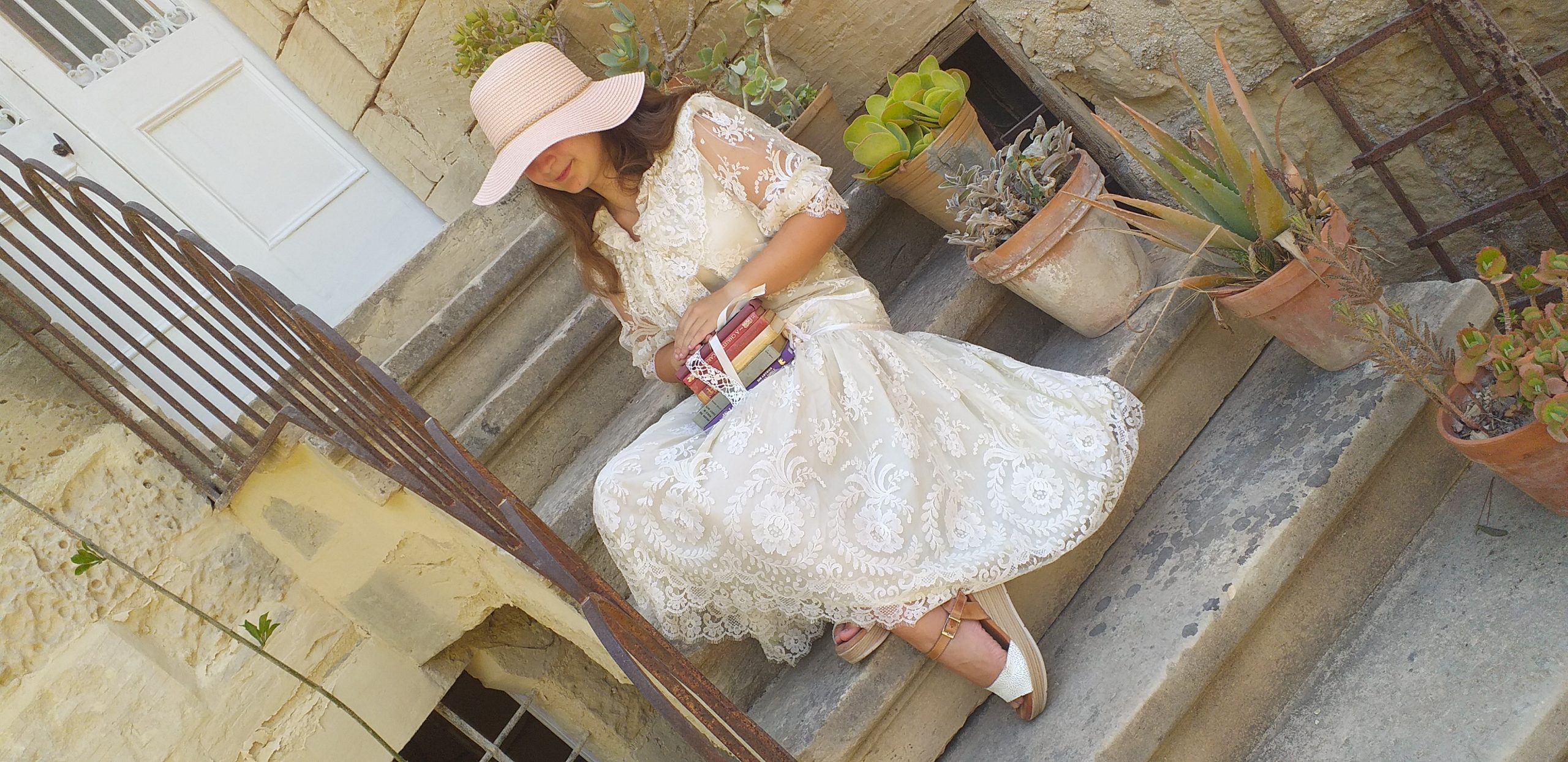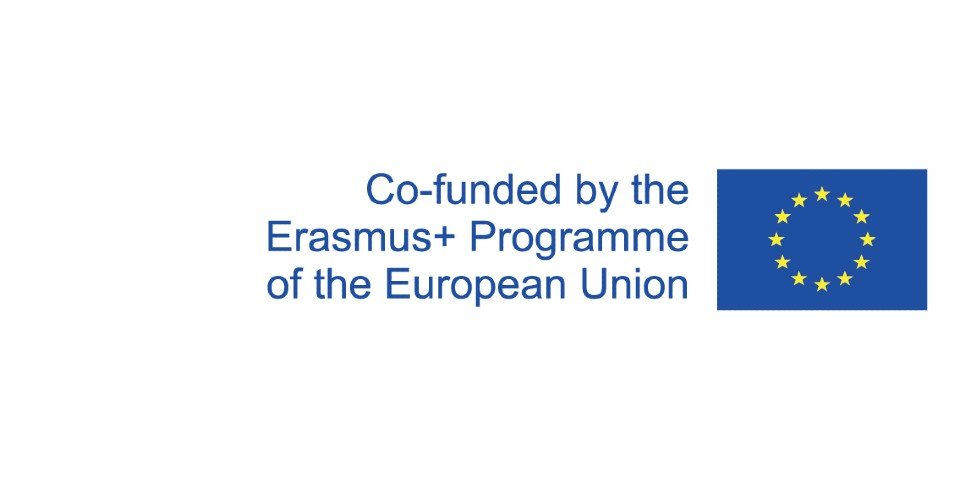Suggestions and Tips for Parents and Professionals
- Practice listening, understanding and empathy. Allow your children to state their opinions.
- Be aware of the facts about dyslexia and keep up-to-date with information and research.
- Comfort your children when they’re feeling low for any reason.
- Help by reading aloud.
- Help in writing down notes.
- Be a study buddy.
- Establish a good relationship with the teachers at school and with other professionals who can help.
- Give positive reinforcement.
- Keep an open mind as regards career choice; do not put undue pressure or make the choice yourselves.
- Encourage and support your children at all times.
- Boost the children’s self-esteem and help them accept that they are dyslexic.
- Do not be negative in your approach. Find out what they like and focus on the positive.
- Do not keep telling your children ‘not to give up’.
- In cases of ‘bullying’ empower your children to deal with the bully, do not confront yourself.
- Do not compare to other siblings or other students; it’s not encouraging.
- Point out to the child that dyslexia is not a disease but it is something special about the child. Take time to explain what dyslexia means.
- Talk to the experts of dyslexia.
- Help the children cope with their work but do not do it for them.
- Have the IQ measured so that they do not see themselves as stupid.
- Encourage them to do practice other skills and discover other abilities.
- Challenge and stimulate your children so that they will not give up.
- With some effort children can reach the same standard as the others. Help them make the effort.
- Parents should encourage but not force.
- Give financial support when necessary.
- Give quality time to your children and establish a good relationship.
- Never give up on your child but do not overload.
- Let your children move at their own paces.
- Schools need to organize conferences and talks to create awareness of the different profiles and conditions.
Media 2015



